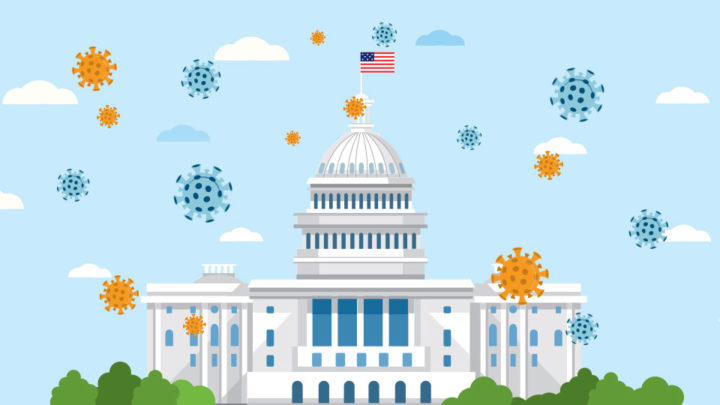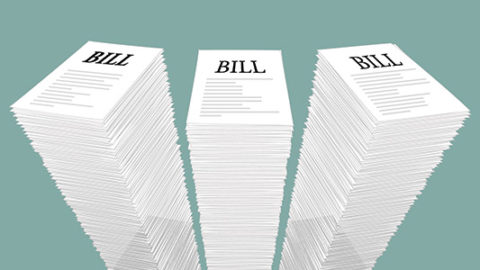5 Political Sticking Points that Could Derail COVID Legislation

The Senate is working to pass another major COVID-19 bill, and the details of that legislation are of great concern for large private employers and health care purchasers seeking to manage COVID-19 costs during the sharpest economic contraction since the Great Depression.
Five priorities of large employers were outlined in a previous post. While all of those priorities come with their own detractors and will not be easily won, they are not the most headline-grabbing flashpoints likely to derail the Phase 4 Legislation.
Here are the five biggest disagreements likely to cause heartburn for negotiators.
- Size and Scope: Before House, Senate, and Administration negotiators can begin to tackle individual policy priorities, they will need to come to some agreement on the overall size and scope of the legislation. The House Democrats’ HEROES Act comes in at $3 trillion – the most expensive bill ever to pass a chamber of Congress – and includes policies affecting the economy well beyond the COVID-19 pandemic. Senate Republicans have insisted on keeping the bill to under $1 trillion and ensuring all its provisions are directly related to the pandemic. The White House has not provided an overall budget target, but seems to favor more spending if necessary to improve the economy in advance of the November elections.
- Unemployment Insurance Extension: The CARES Act provided $600 per week in enhanced unemployment benefits to those laid off during the pandemic, but the benefits expired at the end of July. The HEROES Act extends the expanded unemployment benefits at $600 per week through the end of January 2021. The White House and congressional Republicans have grudgingly agreed to extend the program, but at a lower amount.
- Business Liability Protection: Senate Majority Leader Mitch McConnell (R-KY) has insisted that the legislation must include comprehensive liability protections for businesses, schools, and other entities against legal claims based on the spread of COVID-19. Democrats did not include such protections in the HEROES Act.
- State and Local Fiscal Relief: Conversely, House Democrats have pushed hard for substantial spending to help offset tax revenue decreases and COVID-related expense increases for states and localities, including more than $700 billion in such relief in the HEROES Act. Senate Republicans and the White House have shown little interest in such spending.
- Stimulus Checks: The CARES Act provided up to $1,200 per adult and $500 per child in direct stimulus checks to Americans. House Democrats propose another round of checks at the same amount, but congressional Republicans are less enthusiastic. The White House has signaled its support for another round of stimulus checks, noting their likely popularity in an election year.
The August recess is officially scheduled to begin on Aug. 8 – the end of this week. But with so many disagreements between the major players, this negotiation could well last until the middle of the month or even later.



